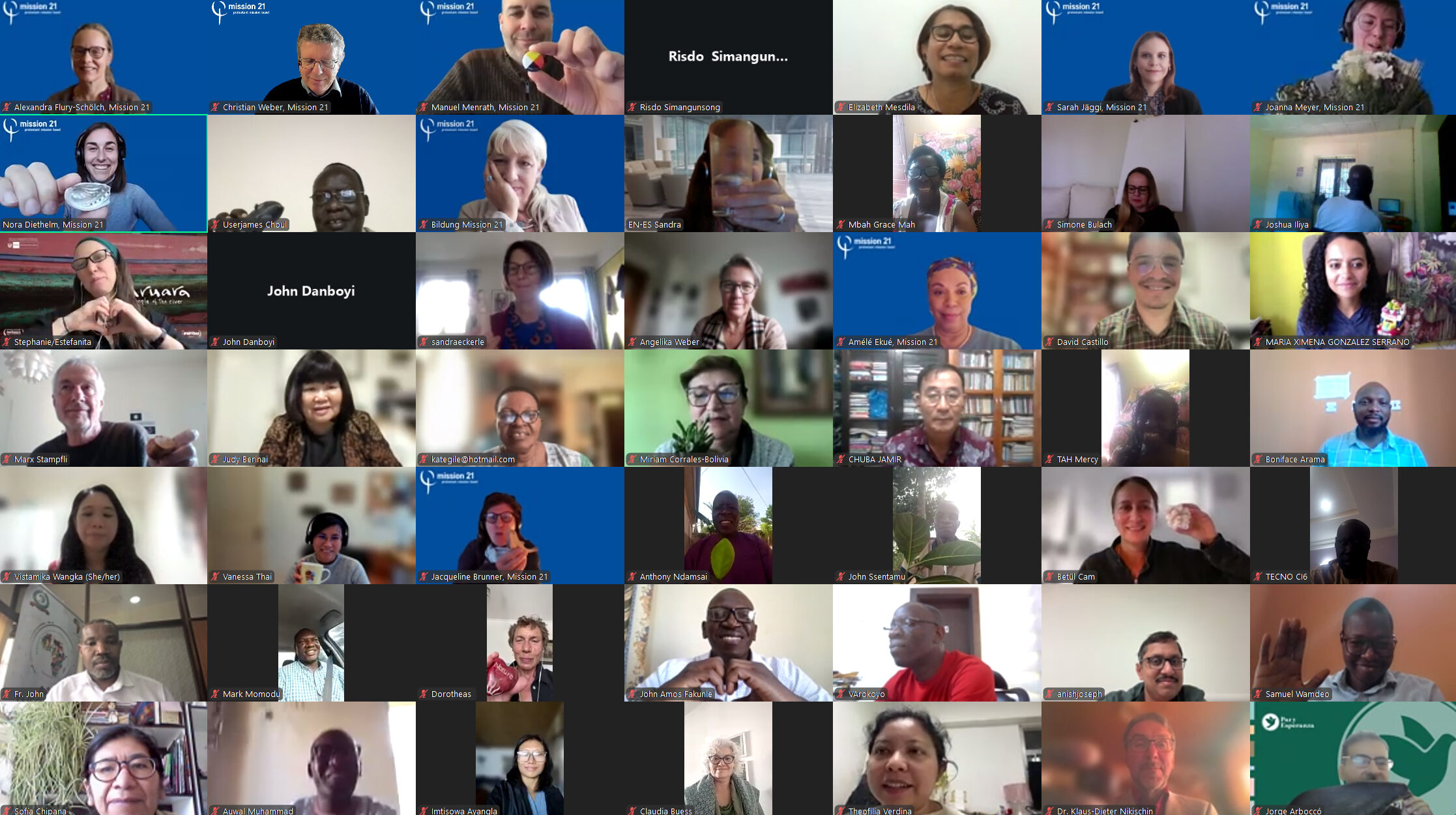
Peace on Earth. Peace with the Earth.
3rd International Forum for Interreligious & Transcultural Peacebuilding
Two days, four sessions and numerous perspectives on peace, environmental justice and spirituality - in a dialog between science, churches, indigenous communities and young voices.
On October 23 and 24, 2025, the 3rd International Forum for Interreligious and Transcultural Peacebuilding took place. The motto of this year's online conference was "Peace on Earth. Peace with the Earth."
The forum invited the participants to do so, Peace and environmental justice from the perspective of different religions and cultures to consider. The focus was on the question of how people and the earth can live together peacefully - beyond borders, denominations and world views.
In numerous presentations and discussions, experts, activists and faith representatives shared their experiences from practice and research. Their contributions opened up new perspectives and showed that Peace work always includes climate protection and social justice includes.
Two days of discussion, reflection and inspiration - with voices that are committed to a fairer and more peaceful future worldwide. The forum left behind a palpable energy and many impulses to make one's own contribution to sustainable peace.
All recordings of the International Forum are available on our YouTube channel:
Mission 21 on YouTube
Video summary: Day 1 - Peace begins with justice
Insights into the keynote speech by Prof. Debjani Bhattacharyya and contributions from Ghana, Kenya and Canada.
Speakers
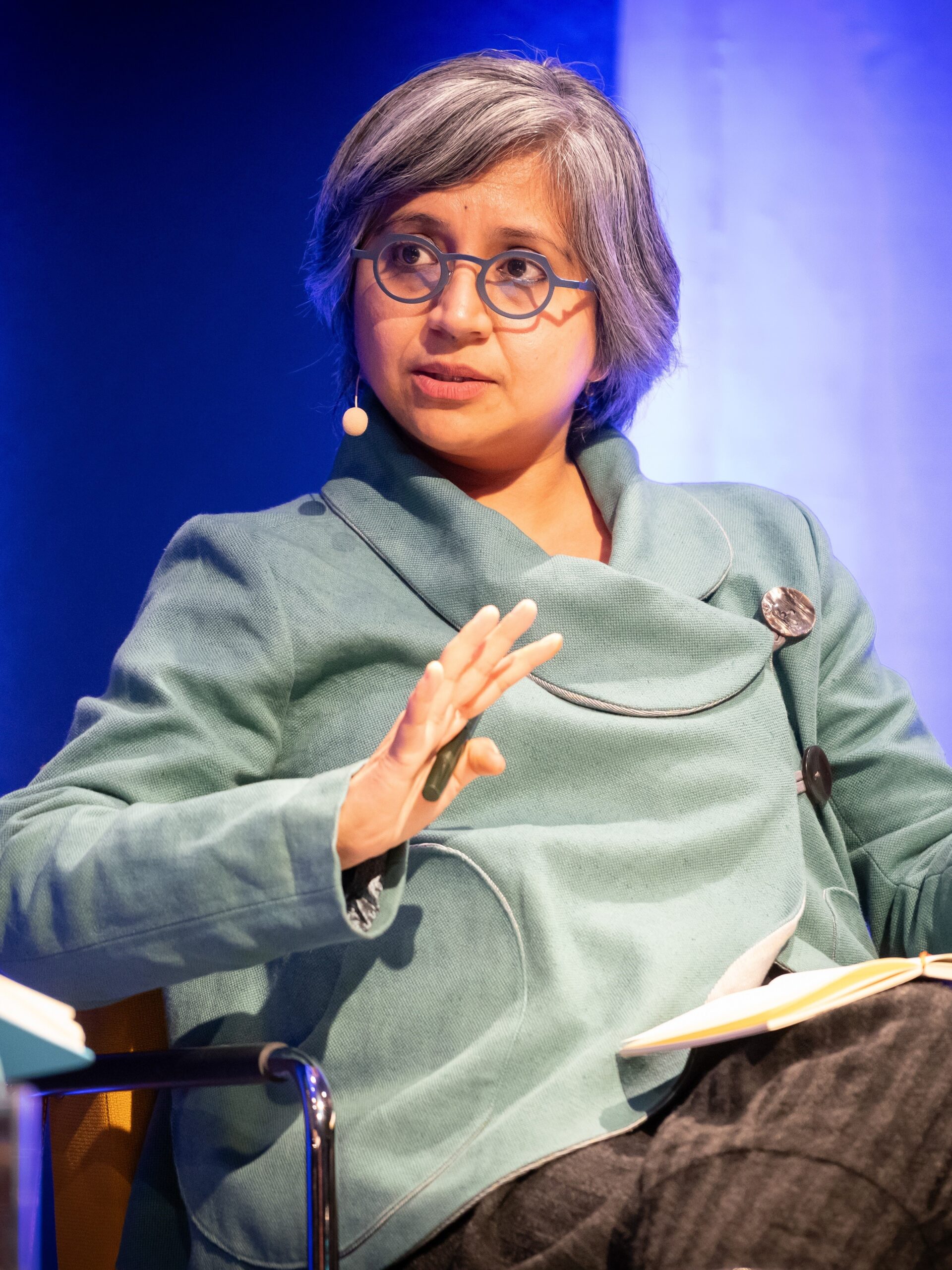
A new climate for peace: postcolonial history and environmental justice
Debjani Bhattacharyya (India/USA/Switzerland)
Debjani Bhattacharyya is a Professor of the History of the Anthropocene at the University of Zurich and a non-residential fellow at the Center for the Advanced Study of India at the University of Pennsylvania. Previously, she was an Associate Professor of History and Urban Studies at Drexel University. Her research explores the question of how legal and economic structures shape our understanding of environmental change and how these impact on our reaction to the climate crisis.
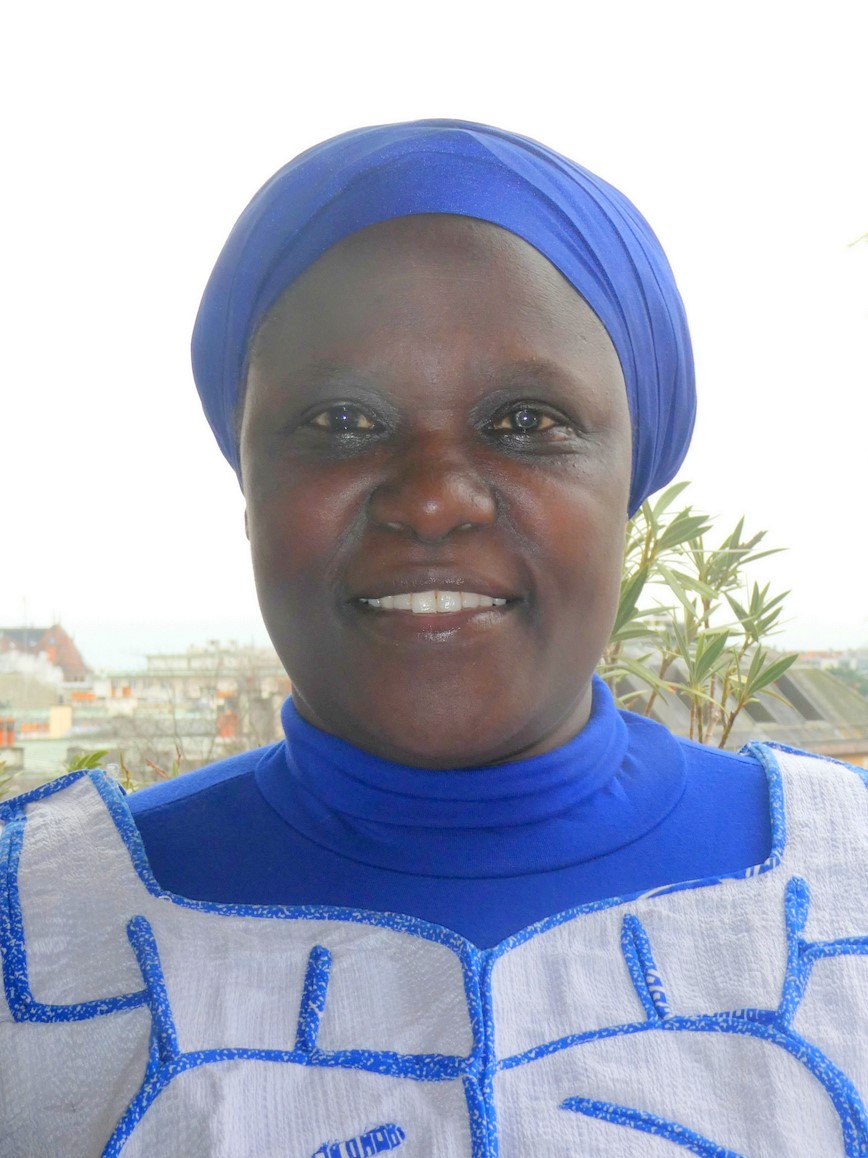
Ecumenical perspectives on the climate crisis, disability and engagement
Anjeline Okola Charles (Kenya)
Anjeline Okola is a Quaker and a disability and development practitioner. She is currently the Programme Executive for the World Council of Churches’ Ecumenical Disability Advocates Network (WCC-EDAN).
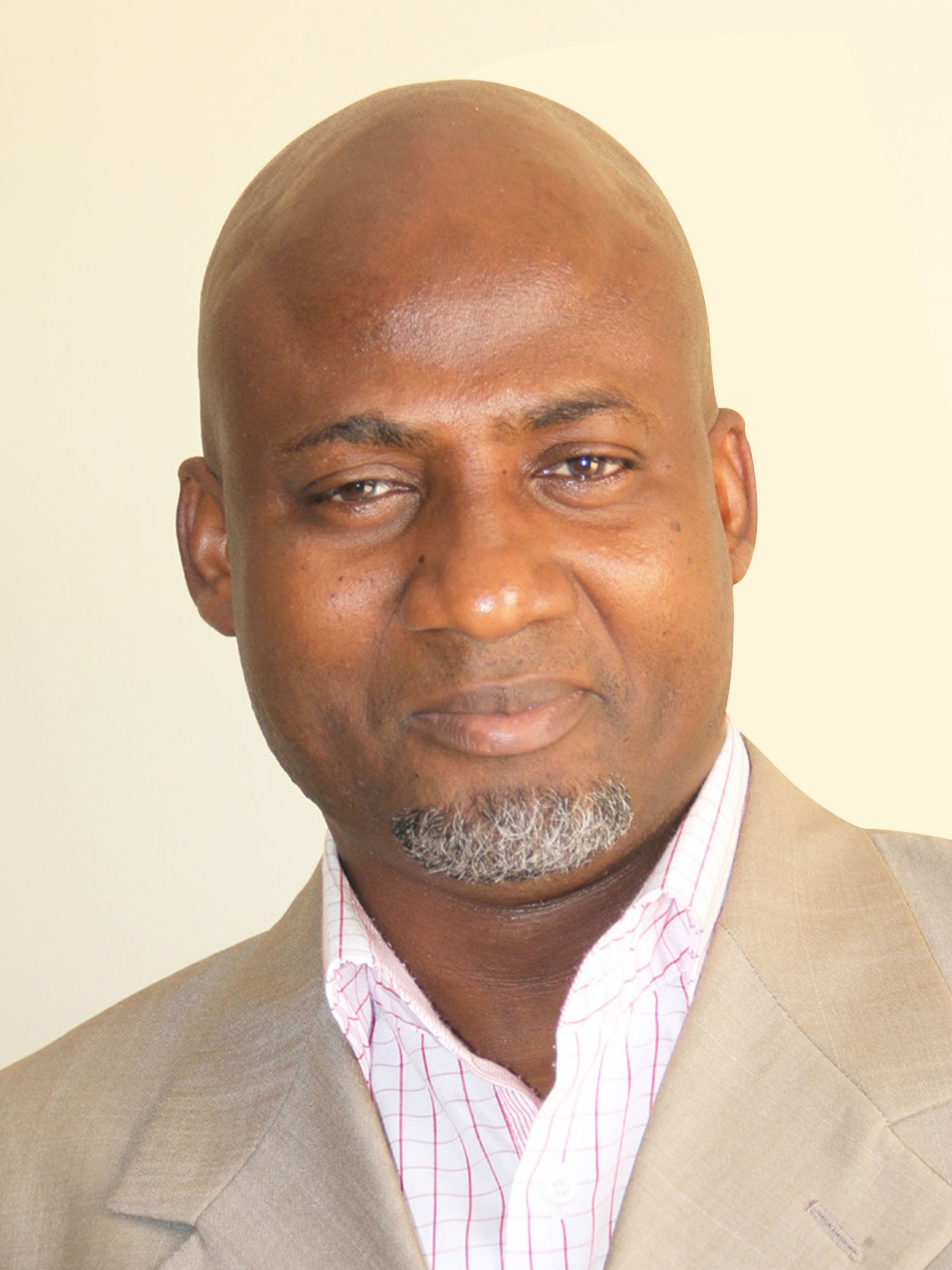
Peacebuilding, Education and Environmental Protection by and With the Youth
Haruna Zagoon-Sayeed (Ghana)
Dr. Haruna Zagoon-Sayeed is a lecturer at the University of Ghana and Managing Director of the Baraka Policy Institute. His work covers the areas of education, religion, youth development, international relations and peacebuilding.
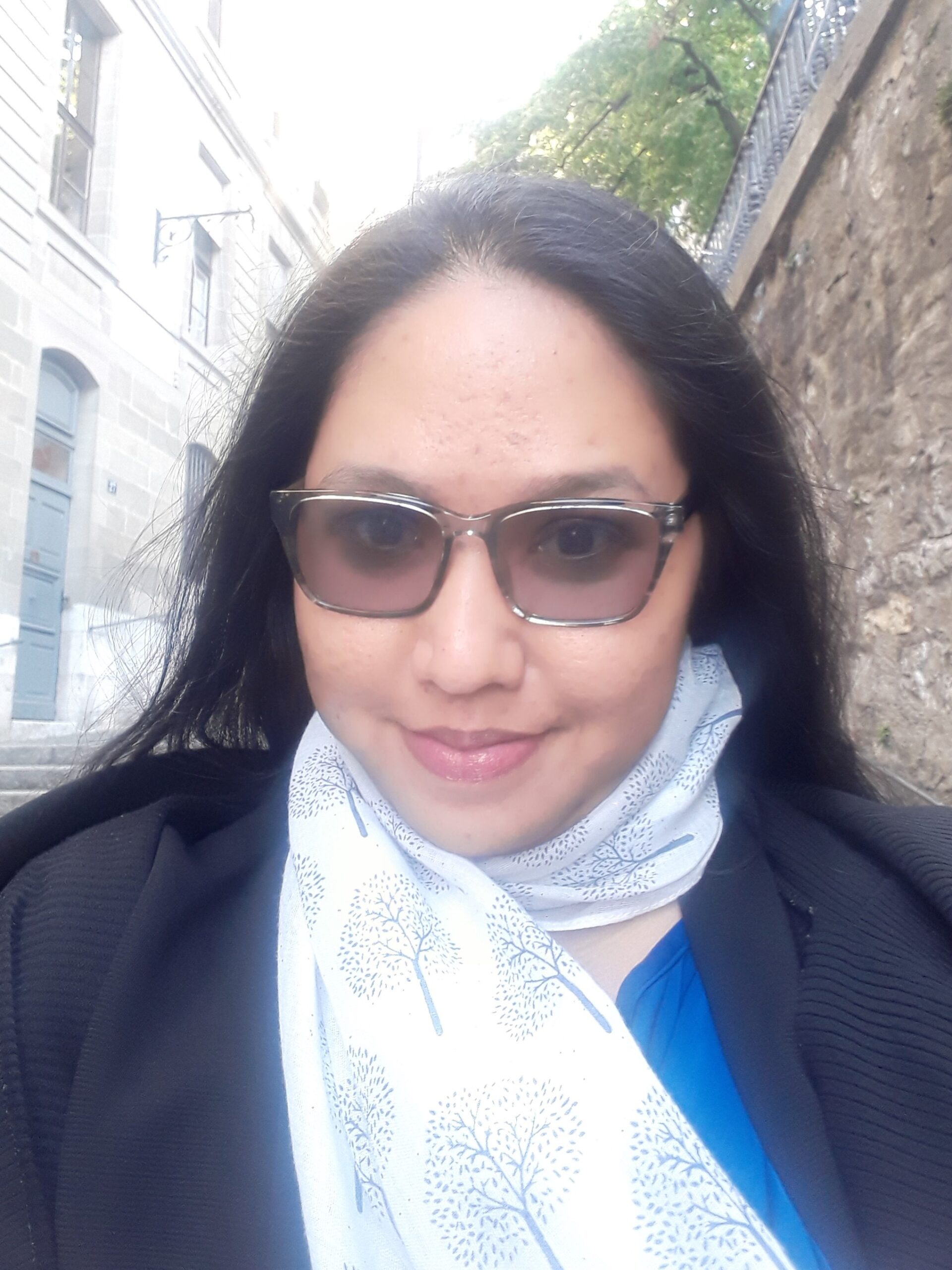
Indigenous People and Resistance Spirituality
Jenne Jessica Revanda Pieter (Indonesia)
Jenne Jessica Revanda Pieter is an ordained minister of the Protestant Church in the Moluccas, Indonesia, and serves as a lecturer at the Faculty of Theology, Christian University of Indonesia. Her work focuses on theology, ecology, and advocacy for Indigenous communities.
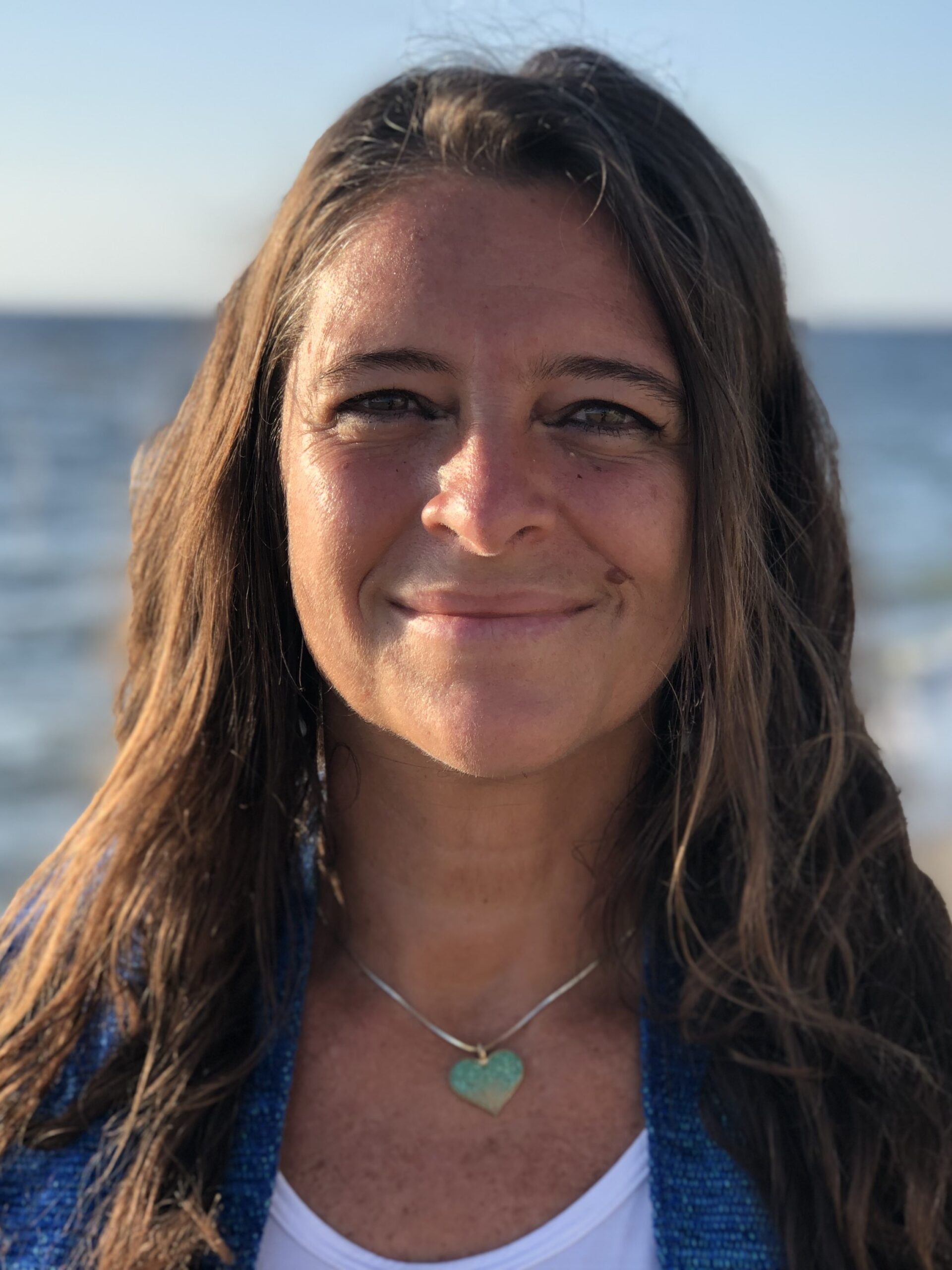
How Spirituality Informs Earth Care
Neddy Astudillo (Venezuela/USA)
Neddy Astudillo is an Eco-Theologian and Presbyterian Pastor and coordinator of the Climate Justice & Faith Certification program at the Pacific Lutheran Theological Seminary. She has long advanced environmental justice and eco-theology across the Americas.
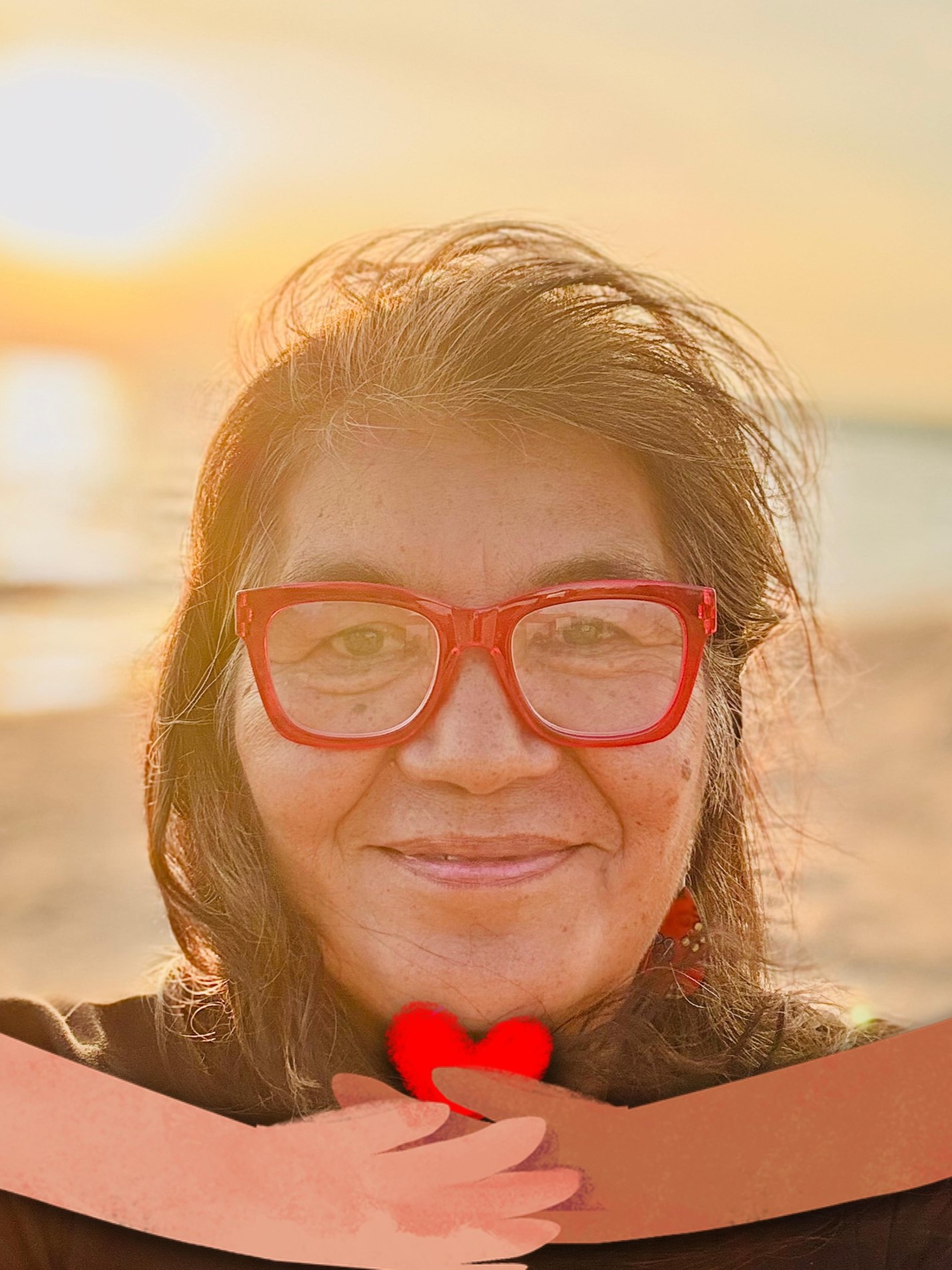
Indigenous Wisdom and Spiritualities and the Reclaiming of Rights of Land
Jacqueline Hookimaw-Witt (Canada)
Jacqueline Hookimaw-Witt is a member of the Mushkegowuk-Cree community and has obtained a PhD focused on Indigenous feminism. She has working for diverse projects by Indigenous organizations, activism, youth work, and reconciliation initiatives.
Participants in the panel discussion
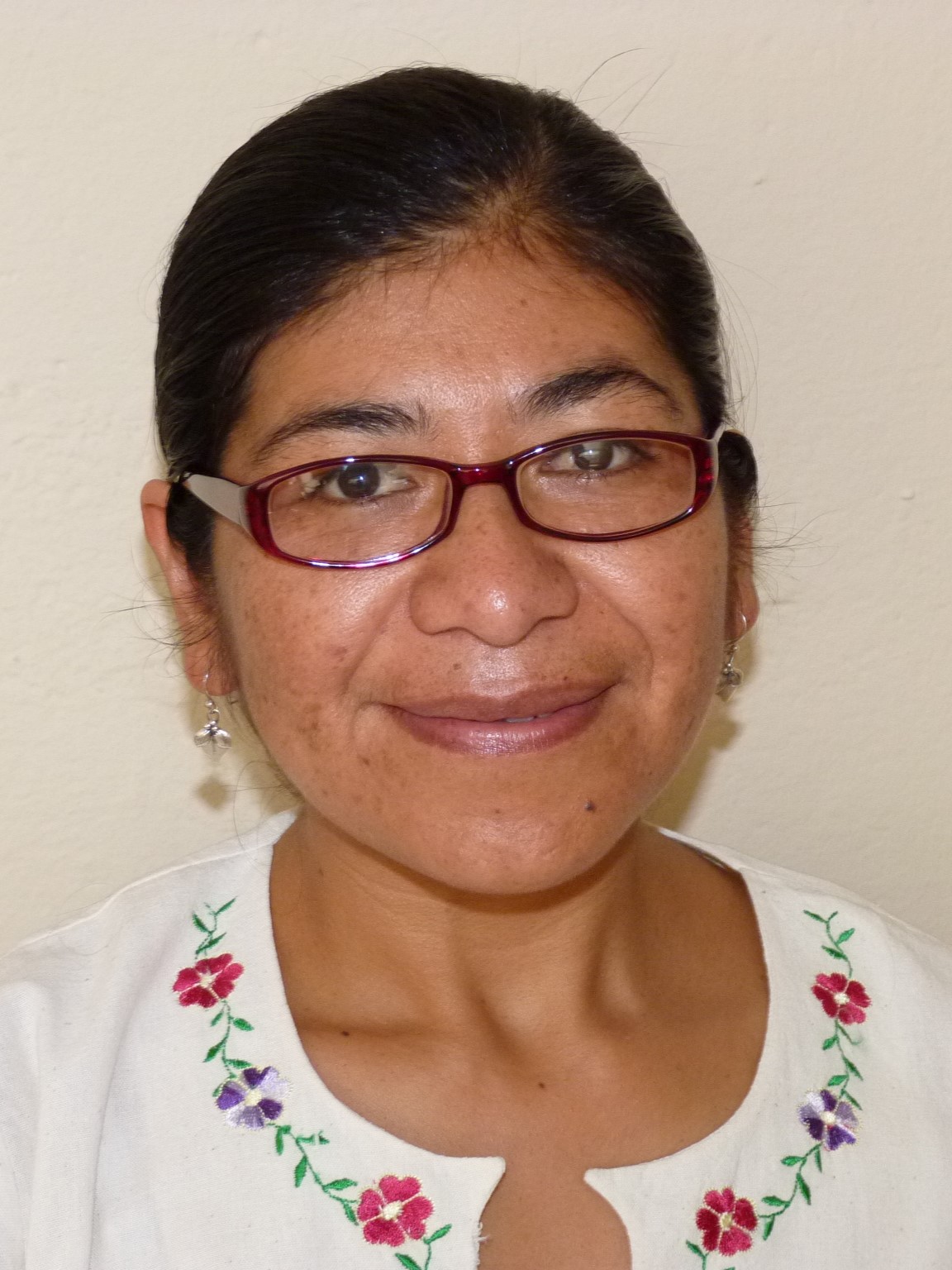
Sofía Nicolasa Chipana Quispe (Bolivia)
Sofía Nicolasa Chipana Chispe is a member of the Andean Theology and Pastoral Community and the Community of Indigenous Wise Women and Theologians of Abya Yala. She is Aymara and shares her paths with communities that seek to create bonds based on relationships of correspondence.
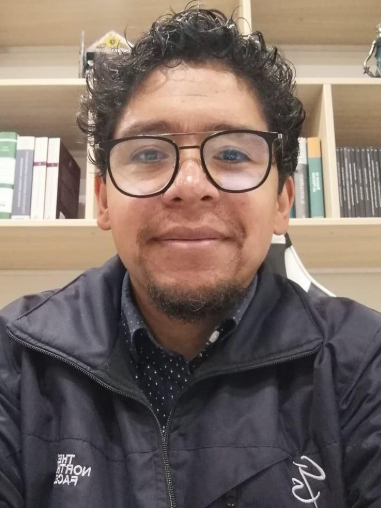
Julio Cesar Mejía Tapia (Peru)
Julio Cesar Mejía Tapia is a legal advisor to the network of women leaders defending water and Lake Titicaca, a consultant, researcher and head of the Institute of Law, Social Participation and Environment (IDEPAM) of the network known as Eco Legistas and the Pasión Constitucional initiative.
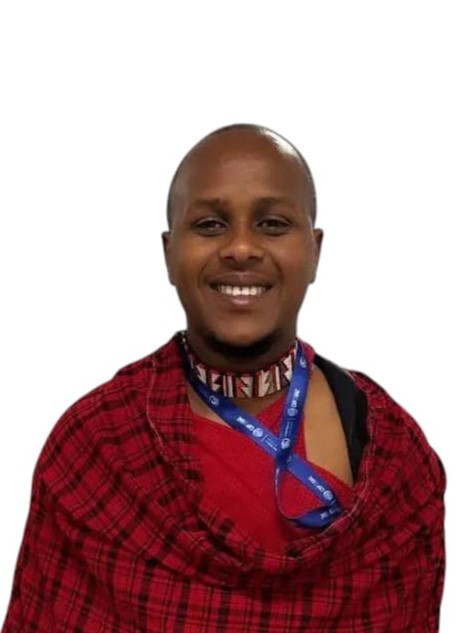
Keshoe Isaiah Kilerai (Kenya)
Keshoe Isaiah Kilerai is a youth climate and environmental champion from the Maasai community in Kenya. He is a Kofi Annan Changemaker and the founder of The New Lion Project, which empowers Indigenous youth to influence global policies through storytelling, advocacy, research, and grassroots projects.
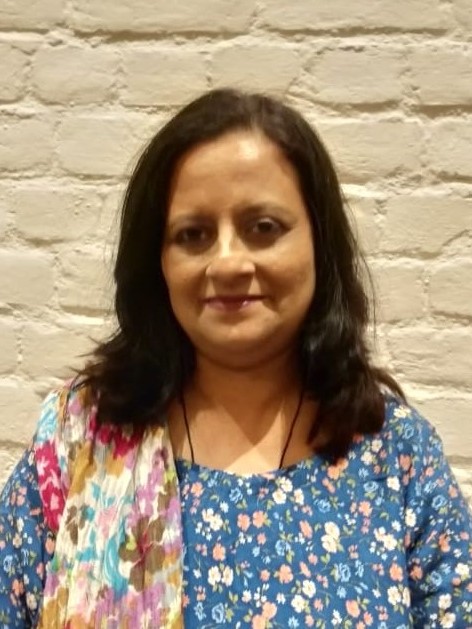
Meera Baindur (India)
Meera Baindur is a philosopher and Associate Professor at the Manipal Academy of Higher Education in India. Her work combines environmental ethics, Indian philosophical traditions and feminist approaches with a strong commitment to interfaith dialog.
Topics of the 2nd day: Rethinking anthropocentrism & positioning new ecologies, discovering peace through the perspectives of natural rights & advocacy for nature
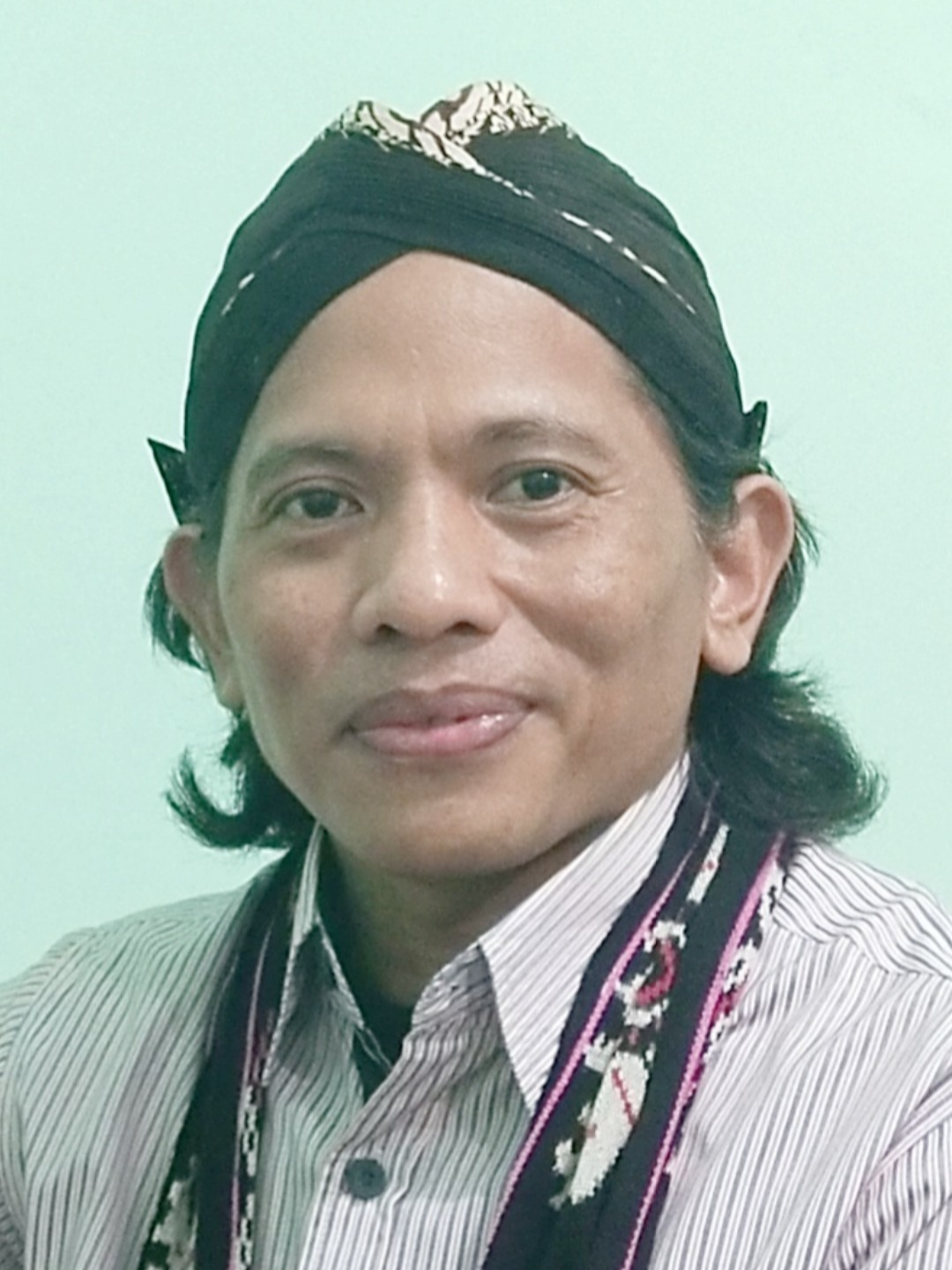
Religious Ecology: Indigenous Practices and Intersubjective Relationships
Samsul Maarif (Indonesia)
Samsul Maarif is the head of the Center for Religious and Crosscultural Studies at the Universitas Gadjah Mada, Indonesia. He teaches indigenous religions, focusing on topics such as decolonization and planetary communities and art and religion. He advocates for engaged religious studies and has been involved in coalitions for social activism on freedom of religion or belief, environmental movement, and others.
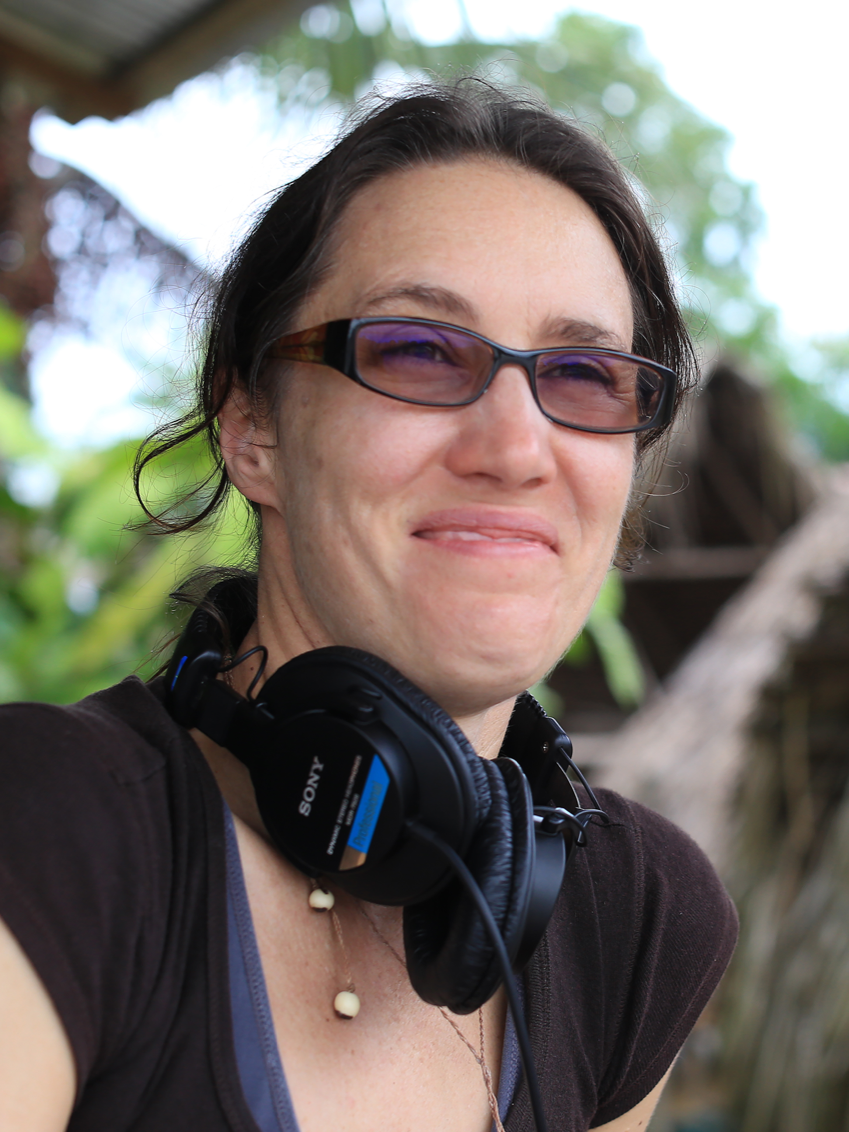
When Rivers Speak: Indigenous Wisdom and How It Pushes the Boundaries of Human-Nature Relationships Towards Inclusive Peace
Stephanie Boyd (Canada/Peru)
Stephanie Boyd has been living and working in Peru as a filmmaker, journalist and educator since 1997. She co-created the Media that Matters initiative with several Peruvian nonprofit film collectives and is a board member of the Peru Support Group.
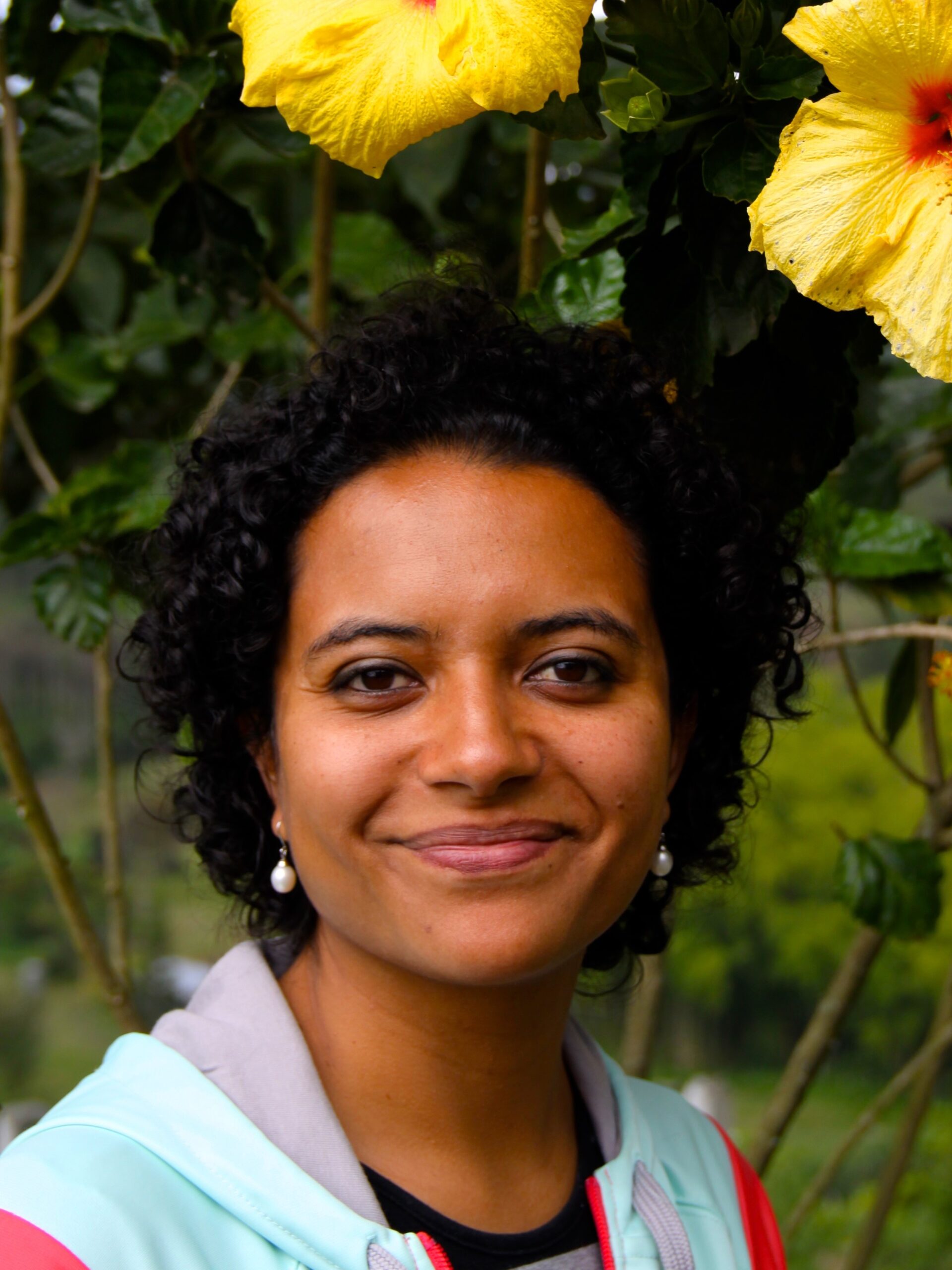
When the Rivers Claim Justice: Expanding Law From Indigenous Water Values and Non-Western Human-Nature Relations
María Ximena González-Serrano (Colombia/Switzerland)
María Ximena González-Serrano is a Colombian lawyer, activist, and socio-legal researcher. For over fifteen years, she has worked with grassroots communities on collective strategies to defend territories and rivers from extractive economies and toxic flows.



